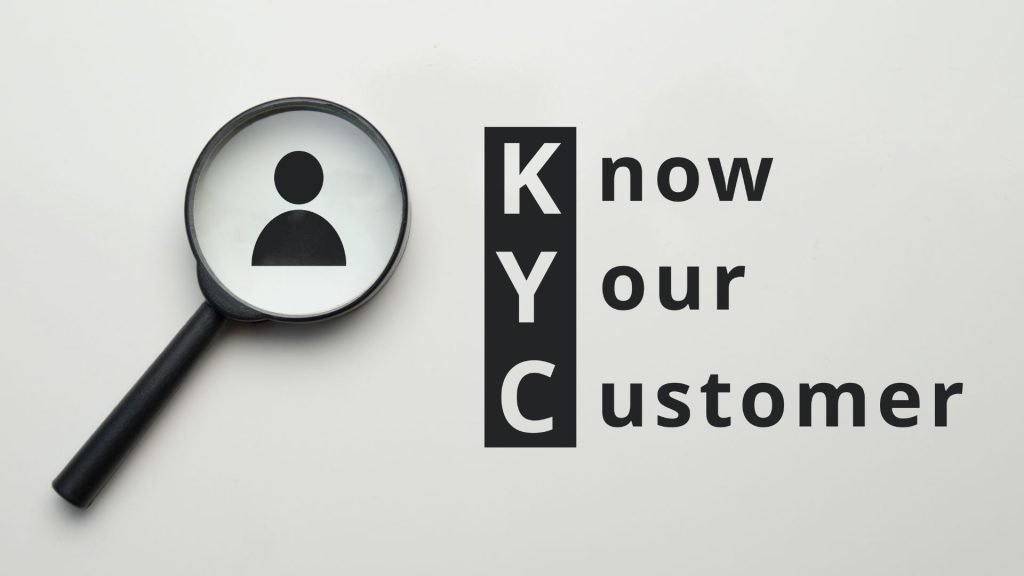What is KYC? A Complete Guide to Know Your Customer in Crypto Exchanges
KYC, or Know Your Customer, is an integral verification process adopted by banks, financial institutions, and increasingly by cryptocurrency exchanges. If you’re venturing into the world of cryptocurrencies, understanding KYC is crucial. This blog explores what KYC is, its importance, the process involved, and answers commonly asked questions about its implementation in crypto exchanges.
Table of Contents
ToggleWhat is KYC?
Know Your Customer (KYC) refers to the mandatory process of verifying the identity of a client when they are opening and maintaining business accounts. It is a regulatory and legal requirement intended to prevent identity theft, financial fraud, money laundering, and terrorist financing.

Why is KYC Important in Crypto Exchanges?
Regulatory Compliance: Crypto exchanges implement KYC to comply with anti-money laundering laws (AML) and other regulations. This compliance helps maintain a secure trading environment and builds trust with users and regulatory bodies.
Security Measures: KYC helps secure the financial platform from fraudulent activities by verifying the identities of its users, ensuring that those involved in transactions are legitimate and traceable.
Enhancing User Trust: Exchanges that implement rigorous KYC procedures are often considered more reliable and safe by users.
What Does the KYC Process Typically Involve?
- Document Submission: Users need to provide personal identification documents such as passports, national ID cards, or driver’s licenses.
- Biometric Verification: Some advanced exchanges also require biometric verification, such as fingerprints or facial recognition scans, to further secure accounts.
How Long Does KYC Verification Take?
The KYC process can vary in duration depending on the exchange’s efficiency and the volume of applications being processed. Typically, it can take from a few minutes to several days.
Is KYC Mandatory on All Crypto Platforms?
While KYC is standard on most centralized exchanges (CEXs), it is not universally mandatory, especially on decentralized exchanges (DEXs). Users who value anonymity may gravitate towards DEXs, but these platforms may carry higher risks and offer fewer features.
What if I cannot KYC on a crypto exchange?
If you cannot complete KYC on a crypto exchange, there are numerous alternative platforms that may have different verification requirements or none at all. Click here to visit our blog that explores crypto exchanges that do not require KYC.
Conclusion
Understanding “What is KYC” is essential for anyone involved in cryptocurrency trading. It ensures compliance with legal standards and enhances security, making your trading experience safer and more reliable. By adopting KYC, crypto exchanges create a trustworthy environment that attracts serious traders and investors. Whether you’re a beginner or an experienced trader, knowing how KYC processes work can help you choose the right exchange and ensure you are compliant with global financial regulations.
By integrating this knowledge into your crypto trading strategy, you’re not only safeguarding your assets but also enhancing your trading capabilities on reputable platforms. As the digital currency landscape evolves, staying informed about these fundamental aspects will help you navigate the complexities of cryptocurrency exchanges effectively.
Thanks for reading! This blog is part of the ExchangeHawks Knowledge Base:
Click HERE to learn more about crypto trading and exchanges!

